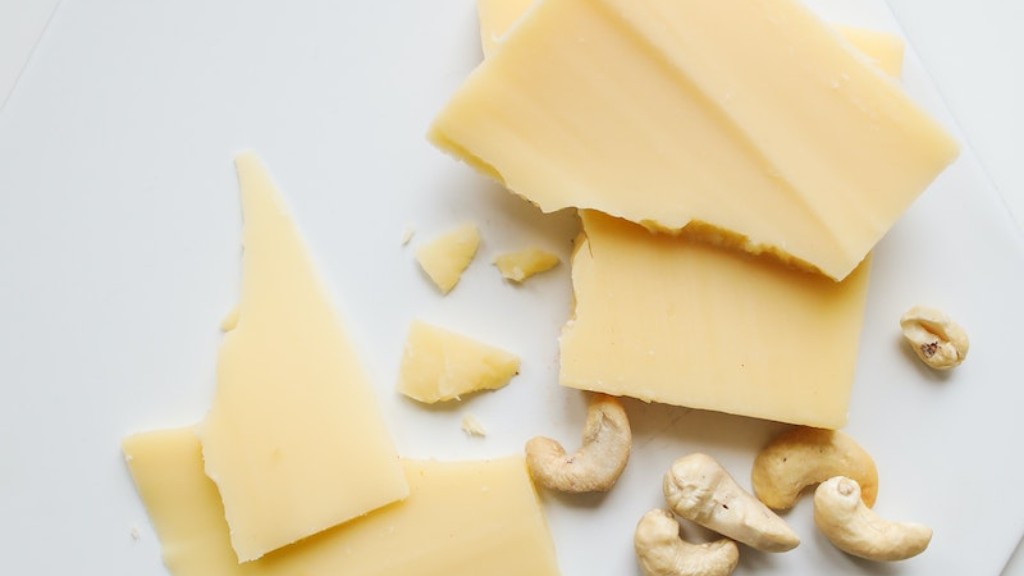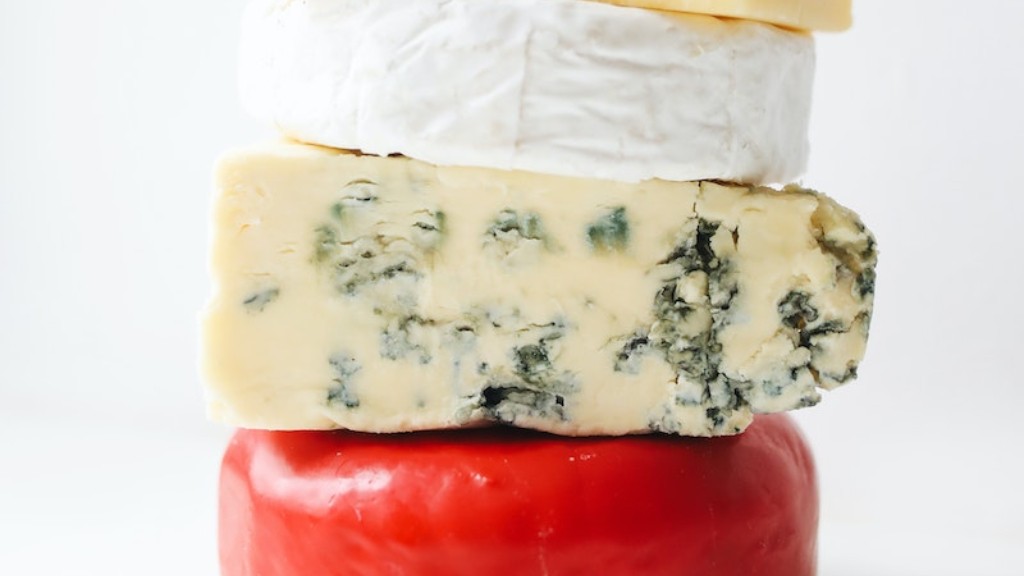According to statistics, the French consume nearly 25kg of cheese annually per person. This figure is higher than the global average of 17kg. Although the popularity of cheese has grown in recent years, the French have been incorporating it into their diets for centuries. Various types of cheeses are produced in different corners of the nation with diverse flavors, textures, and aromas.
Cheese production is so important to France that it’s unique to their ancient laws. Namely, the Appellation d’Origine Contrôlée Law (AOC) was established to regulate quality control of French specialties, including cheeses. According to this law, only brands registered under this system are allowed to be identified as true French cheeses.
Cheese is considered a staple part of the French diet, incorporated in everything from breakfast to dessert. The most popular French cheeses are Emmental, Boursin, Comté, and Brie de Meaux. However, there is no shortage of French variations of the popular cheese. Camembert, Bleu d’Auvergne, Reblochon, and Roquefort are just a few of the many varieties enjoyed by the French people.
From time immemorial, cheese has been part of the French culinary culture. It is said that during the Middle Ages, the monks of Burgundy developed thousands of varieties of cheese for their meals. In the 14th century, king Louis XIV declared cheese to be a culinary must-have for festivities, urging cheese makers to create the most exquisite recipes.
Nutritionists have noted that the French tend to eat cheese in moderation and pair it with other nutritious food such as fruits, vegetables, and healthy proteins. Consequently, the calcium, zinc, and magnesium contained in cheese complements the balanced diet of the average citizen.
Recent surveys suggest that consuming cheese helps to reduce risks of type 2 diabetes, heart disease, and cancers when consumed in moderation. Besides that, certain types of cheese contain probiotics, which are beneficial bacteria that can help with digestion.
On the other hand, some experts say that consuming too much cheese could lead to obesity, since it’s a source of saturated fat and calories. Furthermore, processed cheeses such as Cheddar contain a high amount of sodium, which can lead to high blood pressure and water retention.
Economic Impact
Cheese production has a tangible economic impact in France. Besides directly supporting local farmers, the industry has created thousands of job opportunities throughout the country for cheesemakers, packagers, and sellers. It has also generated high levels of revenue in terms of taxes and export sales. In 2013, the French exported over two thousand tons of cheese, bringing in over 1,3 billion euros in revenues.
Political Influence
The cheese industry has been a source of division and heated debate in the French government. As its popularity has grown, so too has the number of regulations associated with it. For example, the Nations Preference Law (Loi d’Avantage) was introduced in 1918, in order to protect high quality French cheeses from foreign competition. This has inspired a national dialog surrounding protectionism and cheese production.
Environmental Impact
The majority of cheese production in France is done through traditional methods, which are both labour- and time-intensive. However, the introduction of modern cheese-making techniques has revolutionized the industry. Cheese producers are benefiting from the advantages of high-tech techniques, which include advanced production speeds, increased efficiency, reduced costs, and minimal environmental impact.
Promotion Around the World
France is strongly committed to the promotion of its cheese culture around the world, collaborating with farmers, dairy cooperatives, and regional suppliers to export the excellence of cheese-making to nearby countries. Specialty shops, international exhibitions, and cooking classes have been some of the most effective tactics used for the promotion of French cheese abroad.
Health Benefits and Risks
The average French person is advised to consume around 400 grams of low-fat cheese per week. High-fat varieties can be consumed in somewhat lower quantities. Eating cheese provides a valuable source of calcium, important for strong bones and healthier joints. However, as with all food products, cheese should not be overconsumed.
For those with high cholesterol levels, nutritionists recommend avoiding cheddar, gouda, parmesan, and other cheese varieties with high levels of saturated fat, as they can be harmful when consumed in large quantities. Generally, these types of cheeses should be eaten only on rare occasions.
Taste Preferences
French cheese-making traditions are based on geographical location. Each region of France has its own unique taste preferences, developed over time. In many parts of the nation, specialty shops offering domestic and international varieties of cheese have opened their doors to the public. These outlets provide wider access to various brands of cheese.
The Bottom Line
In conclusion, while it is important to consume cheese in moderation, its many health benefits make it a valuable addition to the French diet. With more than 425 varieties of cheeses, the French enjoy a unique and diverse culinary experience. In addition to its taste and nutrition, the cheese industry provides economic and political value to the nation.



